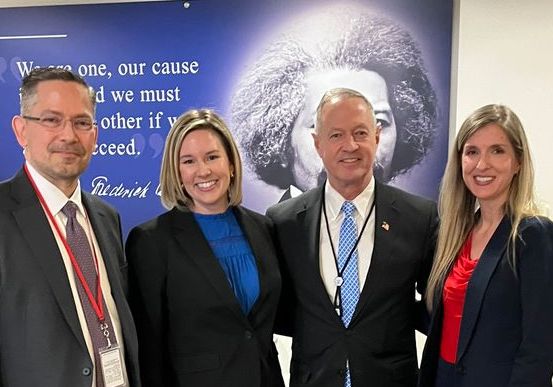On October 26, NOSSCR CEO David Camp testified before the House Ways and Means Committee on behalf of our members and their clients — people who apply for Social Security disability and the legal professionals they hire to represent them in the complex process.
Camp’s testimony outlined commonsense improvements to the SSA application process that would — with no additional funding — expedite the process for the people who need it, enable their representatives to work for them more effectively, and make more efficient use of SSA resources.
You Spoke, We Listened
Thanks to the thoughtful feedback from our members and their clients, we know that the process of applying for SSA benefits — as well as appointing a representative to assist with the complicated procedures — is cumbersome and slow, full of inefficiencies and antiquated requirements. As a result, benefits are delayed for the people who need them — and the most vulnerable populations are hit the hardest. SSA applicants, and those working on their behalf, deserve better.

“I paid into this system for nearly three decades. And now, despite all my medical records, doctors’ letters and forms, it is assumed that I’m just faking it. And I am one of the lucky ones. I had the savings and resources to survive. But even so, being “lucky” meant gutting my retirement fund so we had something to live on. If I hadn’t been able to do that, my family would have been homeless.”
We’re Taking Your Concerns Directly to Congress
David Camp, CEO of NOSSCR, testified before the U.S. House Ways and Means Committee to make the case that something has to change immediately. By making a handful of attainable, commonsense changes, SSA can dramatically improve the services it provides to claimants while also streamlining the agency’s work processes. What’s more, the changes we propose — which could dramatically improve claimants’ experience and quality of life — would require no additional funding. Our recommendations are as follows:


